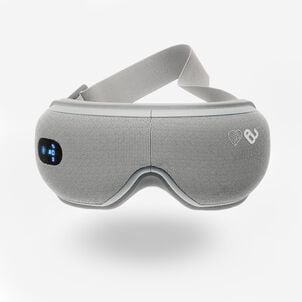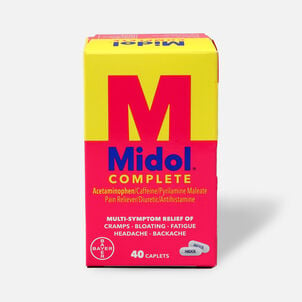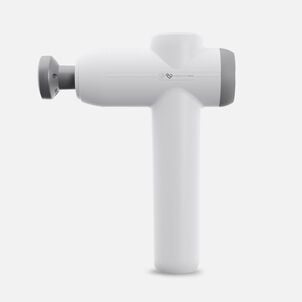If you're not already funding your HSA, it's a great time to start
With 2024 underway, now's a good time to think about your plan for your health savings account (HSA) for the year. If you have an HSA-qualified high deductible health plan (HDHP), you can contribute up to $4,150 to your HSA in 2024. And if your HDHP covers at least one other family member, you can contribute up to $8,300 to your HSA. Plus, if you're age 55 or older, you can contribute an additional $1,000 on top of those limits.
That's a lot of money, and if you contribute it to an HSA, it's just going to be locked up where you can't use it, right? Not quite. If that's the reason you've been avoiding contributing to your HSA, it might be helpful to consider all of the ways that you can use money from your account today.
Everyday needs are covered
Do you ever buy things like bandages, sunscreen or contact lens solution? Did you know you can use the money in your HSA to buy a vast range of products that you're probably already buying? But if you contribute to your HSA and then withdraw the money to use it to buy HSA-eligible products, you get to use tax-free money.
Examples of how much that reduces the amount you have to earn to cover the cost are explained here; the short story is that if you don't pay with pre-tax funds, you're leaving money on the table.
Do you ever go to the doctor, emergency room, urgent care center, health clinic, or hospital, and end up getting a bill for the part your insurance doesn't cover? Again, you could be paying those bills — which you're going to have to pay anyway — with pre-tax dollars. You can put the money in your HSA and have it available to withdraw when you need to pay a qualified medical expense.
Is it a complicated process?
Withdrawing money from your HSA isn't hard from a logistical standpoint. Your HSA might come with a debit card or checkbook, which you can use to directly pay for your qualified medical expenses. If not, you can withdraw money online from your HSA, or take care of it at a local brick-and-mortar office, if your HSA provider has one available.
You must have receipts showing that you had valid medical expenses, but you just have to keep them for your own records! (Make sure you have a good system for this … like this one, for example.) You'll need to be able to provide them to the IRS if you're ever audited, but you probably don't have to send them to your HSA custodian in order to take money out of your HSA. So you don't need to worry about red tape when it comes to actually getting the money out of your HSA to pay your medical expenses.
Healthy? Stay that way...
But what if you're one of those people who never have any medical expenses at all? You don't go to the doctor, dentist, or chiropractor. You don't buy neti pots or first-aid kits or glucosamine. You've never had a health insurance claim at all. Why would you want to tie up your money in an HSA? This is one of those times when it's important to remember that medical expenses can appear seemingly out of the blue.
Remember when Jimmy Fallon caught his wedding ring on the corner of a counter and nearly lost his finger? The 10 days he spent in ICU would most definitely result in having to pay the out-of-pocket maximum on any health insurance policy. Having some money saved in your HSA means that you don't need to worry about how to pay those out-of-pocket costs.
[And as an aside, never visiting a doctor or dentist or spending any money on healthcare at all probably isn't a wise long-term strategy, since prevention is the best medicine..]
The takeaway here is that if you have an opportunity to fund an HSA, you probably should. That doesn't mean you need to contribute the maximum amount — any contributions are better than none. But when you put money into an HSA, you get an immediate tax break, and you give your future self a break from having to worry about how to pay medical bills.
-
Thank you for visiting the HSA Store Learning Center! Don’t forget to follow us for more helpful tips on Facebook, Instagram, and Twitter!


.png)
















